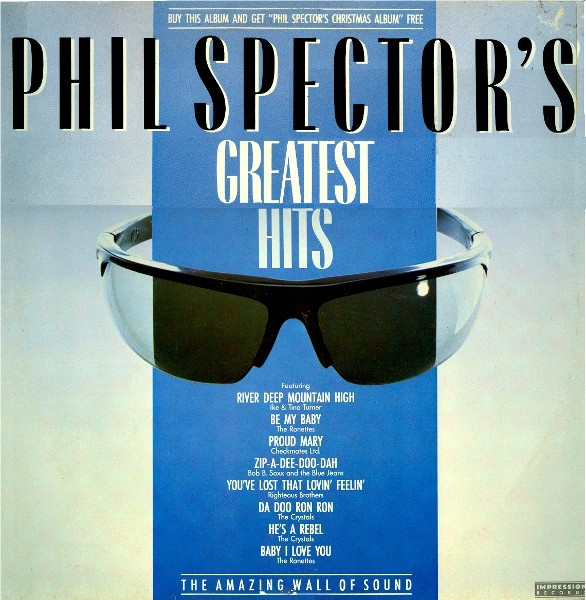Bob Dylan: The Times They Are A-Changin' - 1963
This is by far my favourite of Bob Dylan's folk "protest" albums. It is a spectacular masterpiece of the genre, written and delivered by a young man of barely twenty-two.
Personally, I find the songs more melodic and less starkly bleak than those of the previous album's, The Freewheelin' Bob Dylan. The subject matter is pretty much the same - impending nuclear war, the Civil Rights movement, racism, oppression, social deprivation, poverty, religious hypocrisy, political corruption and wealth and, of course, the generation gap, as expressed in the magnificent, epoch-defining title track.
The Times They Are A Changin' is, frankly, a strong contender for being the greatest popular song ever written, albeit a protest one. It means something to every young generation as they collectively rail, passionately, but often naively, against their elders. It mattered so much in 1963, when there was an older generation that really could not comprehend the ideals and attitudes of the younger one. Today's older generation are much more understanding - many of them listen to rock music and Bob Dylan, of course something hardly anyone over twenty-five did in 1963. Even now, in my own middle-age I find I can listen to this and bristle with rebellious ire, imagining I am singing it to what were my actually quite tolerant, enlightened parents. Its effect is that strong.
The Ballad Of Hollis Brown is just one of the hardest-hitting, most depressing tales ever sung. It concerns an impoverished father who eventually kills himself and all his children, having reached the point of no hope, no way out. It is truly tragic. Incidentally, the seventies Scottish rock group Nazareth did an absolutely storming version of it in 1973. Similarly, The Neville Brothers' cover of With God On Our Side is almost definitive. Dylan's delivery of the song is haunting and pins you to the spot. It is a marvellously evocative journey through the wars America has been involved in. A more apposite condemnation of war it would be hard to find. It is a simply mighty, portentous song.
The Acoustic blues numbers - One Too Many Mornings, North Country Blues, Boots Of Spanish Leather and Restless Farewell are all examples of Dylan's stark folky, acoustic blues that he mastered in at this time. Harsh, bleak, sombre and resonant.
Only A Pawn In Their Game was a surprisingly cynical song about the murder of Medgar Evers, a black civil rights activist. The song suggests that yes, the killers are to blame, but the blame is everywhere and while poor whites clamour to blame poor blacks for their poverty, they should maybe look at the corrupt politicians exploiting them and wilfully keeping them poor. There are, indeed, many pawns in many corrupt, immoral games.
A similar theme runs through the moving tale of The Lonesome Death Of Hattie Carroll. These were difficult issues, and Bob Dylan, a young white man, was exceptionally brave to confront them head on in such a hard-hitting manner. This really was ground-breaking stuff. My own personal favourite is the warning of the apocalypse that is When The Ship Comes In. It is as relevant today as it was then.
To be honest, the whole album is.
Non-album tracks
Outtakes from this album's sessions are the gently rousing Lay Down Your Weary Tune and the folky, acoustic ballad Percy's Song.









